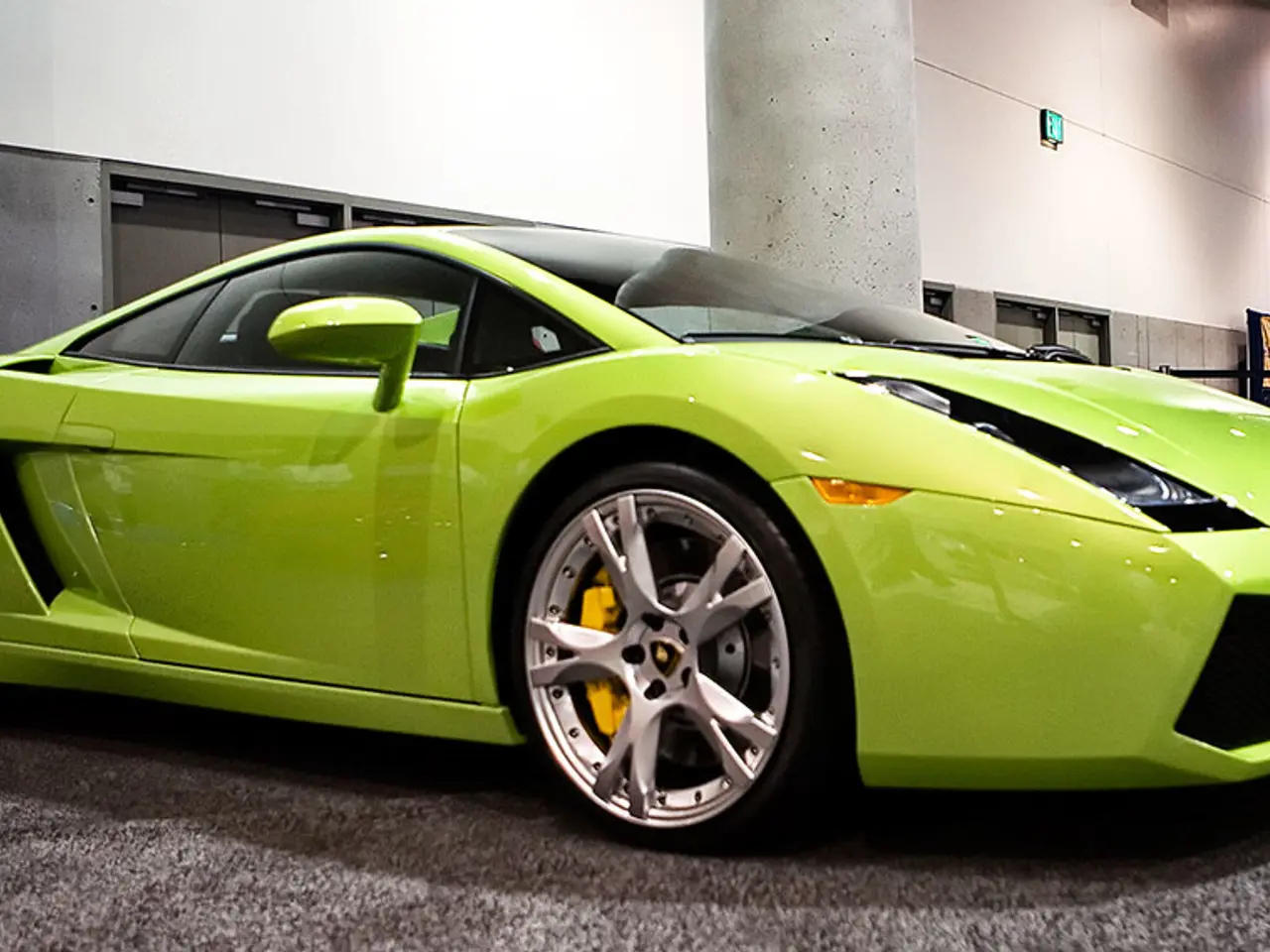Electric Bicycles Revolutionize Daily Journeys and Leisure Excursions
Electric bikes, or eBikes, are revolutionizing the cycling world, making multi-day tours and challenging terrains accessible to a broader audience. These innovative vehicles are democratizing cycling, allowing individuals who previously struggled with physical demands, older adults, and people with physical limitations to experience the freedom of two-wheeled transportation.
Enjoyable Cycling for All
Mixed-ability families can now enjoy cycling adventures together, with adults adjusting assistance levels to match children's pace and cargo eBikes accommodating younger family members. Subscription models and shared eBike services are making quality eBikes accessible without large upfront investments, further democratizing the experience.
Pedal-Assisted and Throttle-Assisted Models
The latest trends in eBikes emphasize pedal-assisted models with flexible motor assistance and throttle-assisted variants gaining popularity for ease of use. Lithium-ion batteries and mid-drive motors are advancing performance and range, while safety features like integrated lights, mirrors, and stability-enhancing designs make family adventures more secure and enjoyable.
Daily Commutes and Weekend Adventures
For daily commuters, pedal-assisted eBikes dominate due to their versatility, enabling riders to control motor support according to effort. Throttle-assisted eBikes appeal to convenience-seekers and older adults, requiring minimal pedaling. These models alleviate traffic congestion and provide smooth, cost-effective urban mobility.
Weekend adventurers will find mid-drive motor eMTBs (electric mountain bikes) with higher torque and battery capacity cater to off-road and trekking enthusiasts, improving climbing efficiency and trail performance. Innovations such as shorter crank arms and reduced anti-squat tuning improve traction and comfort.
Environmental Impact and Cost-Effectiveness
E-bikes produce zero carbon emissions during operation, helping to reduce urban air pollution and dependence on fossil fuels. Many newer eBikes incorporate eco-conscious materials like recycled frames, aligning with sustainable manufacturing trends. The growing availability of affordable e-bikes (e.g., QNUT models at $599-$1,099) makes e-mobility accessible to a wider audience. Lower operating costs compared to vehicles, reduced maintenance, and increased durability contribute to their economic appeal.
Innovative Features
Advanced lithium-ion batteries with fast charging and battery management systems enhance safety and efficiency. App-based controls provide drive unit tuning and system monitoring with integrated displays and sleek bar remotes replacing bulky controls. Motor technology improvements boost power and torque while maintaining compact design.
Transforming Modern Transportation
Dedicated bike lanes, park paths, and waterfront routes often provide more direct connections than car-accessible roads for eBike users. Solar-powered charging solutions are becoming integrated into eBike designs and infrastructure, addressing range anxiety and supporting environmental sustainability goals. Battery charging infrastructure is expanding along popular touring routes.
Electric assistance allows cyclists to cover 60-100 miles daily while still having energy for destinations. Innovations in artificial intelligence are being integrated into eBikes, allowing them to learn individual riding patterns and adjust assistance levels based on terrain, fitness levels, and destination requirements. City commuters consistently report cutting travel times in half compared to public transportation.
A Bright Future for eBikes
59% of people use e-bikes because their journey is hilly and electric bicycles make it easier. Professional commuters are discovering that electric assistance fundamentally changes the commuting equation, making previously impractical distances manageable. Predictive maintenance alerts help prevent breakdowns while optimizing performance for specific riding styles and conditions. Monthly transportation costs plummet for eBike commuters, eliminating gas, parking, and public transit fares.
The global e-bike market is projected to reach $119.72 billion by 2030, reflecting growing recognition of their adventure potential. Modern eBikes can travel 40-80 miles per charge, making them viable replacements for short car trips. Cargo capacity improvements on eBikes enable riders to carry camping gear, food, and supplies without excessive physical strain. eBikes produce zero direct emissions while offering comparable speeds to cars in urban environments, helping cities reduce air pollution.
In conclusion, eBikes are transforming modern transportation, making previously impossible journeys achievable for people of all ages and fitness levels. With their versatility, eco-friendliness, and affordability, eBikes are set to become a dominant force in urban and adventure mobility.
Sports enthusiasts can now access the excitement of outdoor adventures with ease, thanks to the capabilities of electric bikes (eBikes). Whether it's weekend cycling escapades, commuting on hilly terrains, or family bike rides, eBikes cater to a diverse range of interests, democratizing sports and creating a more inclusive community.
Besides daily commuting and leisurely rides, eBikes are also revolutionizing professional sports, such as bicycle racing, where the pedal-assisted and throttle-assisted models can provide an edge for athletes seeking to cover long distances or compete in various terrains. Innovative features like adjustable assistance levels and smart technology capabilities are developing to meet the needs of growing numbers of sports enthusiasts interested in the e-biking revolution.






